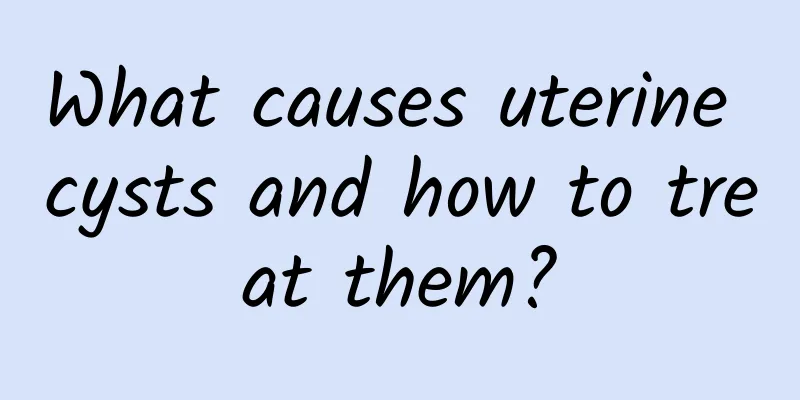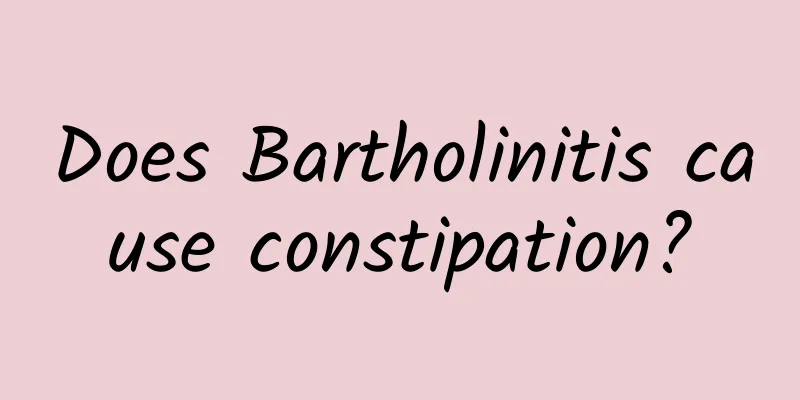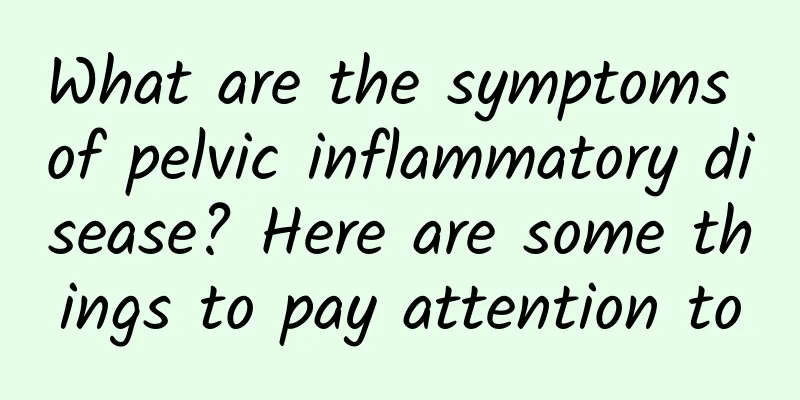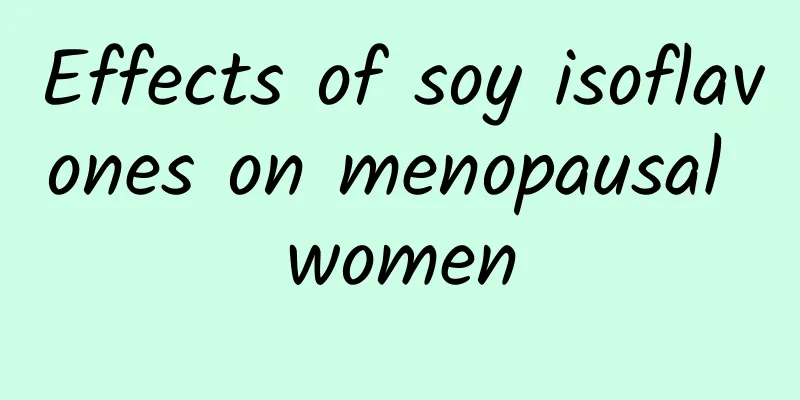What causes uterine cysts and how to treat them?

|
The formation of uterine cysts may be related to genetic factors, external environmental influences, imbalance of hormone levels, and chronic gynecological inflammation. Treatment can be achieved through medication, surgical removal, and lifestyle intervention. It is recommended that women have regular physical examinations to detect and treat early to avoid worsening of the disease. 1. Common causes of uterine cysts 1. Genetic factors Uterine cysts may have a certain genetic tendency. If a direct relative in the family has been diagnosed with a uterine disease, the risk of the disease may increase in the offspring. This is mainly related to abnormal cell growth under gene regulation. Recommendation: If there is a relevant family history, regular ultrasound examinations can be performed, focusing on early symptoms. 2. Environmental and lifestyle factors External environmental pollution, long-term exposure to chemicals, unreasonable eating habits and excessive psychological stress may all be the cause of uterine cysts. These problems can disrupt the endocrine balance in the body and lead to abnormal proliferation of uterine tissue. Recommendation: Try to avoid environmental pollution, maintain a healthy diet, consume more vitamins and antioxidant foods, relieve stress, and enhance immunity. 3. Abnormal hormone levels The uterus is allergic to estrogen or the estrogen level in the body is high for a long time, which can cause abnormal cell division and form cysts. This is more common in women with irregular menstruation or perimenopause. Recommendation: For women with hormone imbalance, they can take hormone drugs under the guidance of a doctor to regulate menstruation and balance hormone levels in the body. 4. Chronic inflammation or infection Gynecological inflammations such as chronic pelvic inflammatory disease may make the internal environment of the uterine cavity suitable for cyst formation. Improper operation of intrauterine instruments (such as multiple curettage) may also cause inflammatory reactions, thereby inducing cysts. Recommendation: Pay attention to personal hygiene, treat gynecological infections in a timely manner, and avoid unnecessary internal operations. 2. Treatment options for uterine cysts 1. Medication Mild to moderate cysts can usually be controlled by taking oral or topical hormone drugs (such as leuprorelin acetate and mifepristone) to control the growth of the cysts. At the same time, Chinese medicine can also be used to relieve inflammation and regulate hormone levels. 2. Physical therapy For moderate cysts, minimally invasive interventional treatments such as radiofrequency ablation or cryotherapy can be chosen. These methods can eliminate cysts and restore normal function while protecting uterine tissue with fewer side effects. 3. Surgery If the cyst is large or causes significant symptoms, it may be removed surgically. Common surgeries include laparoscopy and laparotomy, and the specific method should be determined based on the size and location of the cyst and the age of the patient. 4. Lifestyle adjustment Improving overall health can help reduce the possibility of cyst recurrence. It is recommended that women maintain moderate exercise, quit smoking and drinking, avoid excessive intake of high-fat and high-sugar foods, and improve the body's metabolic capacity and immunity. Uterine cysts may be related to a variety of factors and can be improved through effective treatment. Once you find that your dysmenorrhea is getting worse, your menstruation is irregular, or you have an abnormal abdominal mass, you should seek medical attention in time and solve the problem through medication, surgery, or lifestyle intervention to avoid long-term effects on your fertility and health. |
<<: What diseases can thick endometrium cause?
>>: Will abnormal vaginal discharge affect pregnancy?
Recommend
What should be done to check for uterine fibroids? How can uterine fibroids be checked?
Uterine fibroids are a common benign tumor in the...
I don’t want to get fatter during the Chinese New Year reunion! Unboxing 9 wall exercises for the Year of the Golden Rat to help you lose fat easily
As the Lunar New Year passed in the blink of an e...
Say goodbye to elephant legs and sagging hips and learn to flick the tiger's tail
We have all learned how a puppy lifts its butt to...
How much do you know about the symptoms of irregular menstruation
Irregular menstruation is a gynecological phenome...
Do you know what to pay attention to before treatment of pelvic inflammatory disease?
Have you ever paid attention to the precautions b...
How to cure chronic cervicitis in women? 3 symptoms of chronic cervicitis
There are many types of gynecological diseases. C...
What are the treatments for menopause?
What are the treatments for menopause? This is wh...
What are the causes of Bartholin's gland cyst?
The causes of Bartholin's gland cysts mainly ...
What are the common symptoms of chronic adnexitis?
Clinically, adnexitis can be divided into acute a...
Sip healthily! Eat the right 4 key nutrients + key proportions
Are the foods we eat every day “key nutrients”? C...
What to do if you get infected after abortion
Post-abortion infection is caused by bacterial in...
How to recover after uterine fibroid surgery How to recover better after uterine fibroid surgery
With the increasing incidence of uterine fibroids...
Reducing body fat from 30% to 13% is not a dream. The secrets of developing a healthy body are revealed.
When it comes to losing weight and reducing fat, ...
What foods should not be eaten for uterine fibroids?
Uterine fibroids are one of the common benign tum...
What are the causes of cervical erosion in women? 8 causes of cervical erosion in women
Cervical erosion is not an independent disease, b...









